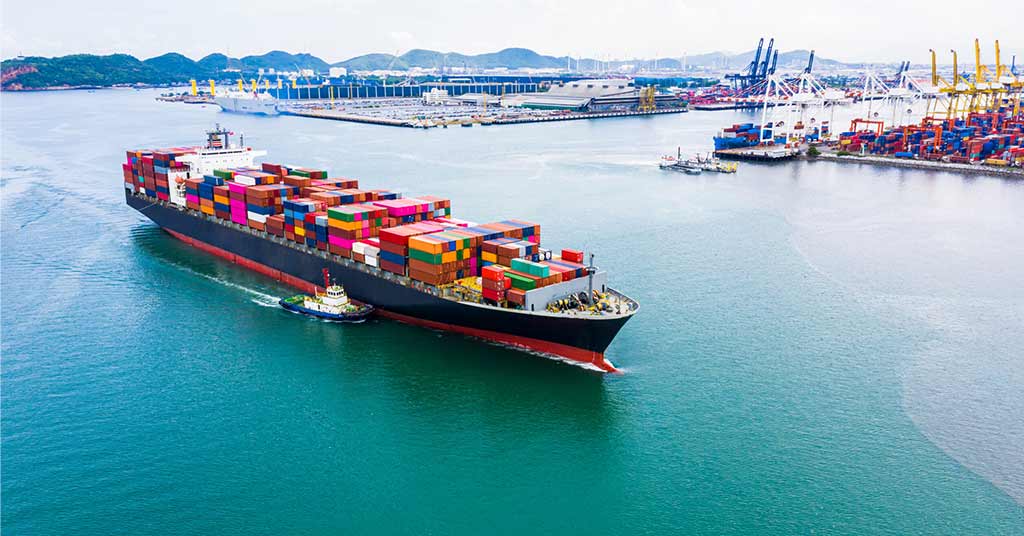Welcome To ChemAnalyst

In the global market, freight charges surged this week, marking a reversal after 16 months of decline in the transportation of goods. During the second week of August, the expenses related to freight continued their upward trajectory due to disruptions in the supply chain within the USA and UK. Notably, the shipping expenses for the route from Shanghai to Los Angeles have increased consecutively for the fifth time this week.
The Shanghai to Los Angeles freight charges have surged by 11.3% compared to the previous week. The primary driver behind this surge in freight costs was the disruptions experienced on key routes. As the flow of goods from manufacturers to markets encountered interruptions, China dispatched the available containers from Asia to Europe and USA. However, owing to ongoing restrictions in these destinations, the containers began accumulating at the destination ports without being able to return to their point of origin. This imbalance in container distribution halted the movement of goods, thereby preventing supply chains from regaining their momentum. In numerous instances, supply chains are still striving to recover from the ramifications of these interconnected challenges.
Further, freight rose in the USA as the United States experienced significant delays at the Panama Canal during this period. The prevailing intense drought conditions in the country have negatively impacted the vital global shipping route. Commercial vessels are encountering prolonged and substantial setbacks when navigating through the Panama Canal due to the drought affecting the Central American region. Consequently, this has reduced the volume of ships able to traverse the world's most critical trade route, causing further disruptions within the supply chain.
On the other side, there is a notable shortage of commodities in Europe, attributed to Russia's significant role as a major exporter of commodities to the region. The imposition of international sanctions on Russia and Belarus has substantially impacted the availability of certain materials, specifically copper, aluminum, bitumen, and asphalt. This situation has reduced ships' capacity to navigate, further exacerbating the supply chain challenges and leading to a bullish trend in the freight industry.
ChemAnalyst anticipates a potential rise in freight rates over the next few months, backed by an expected surge in global demand. Moreover, with economies rebounding from inflationary pressures, a global increase in purchasing activities is anticipated. As demand experiences an upswing, shipping enterprises may encounter difficulty in providing adequate space for cargo. Restricted space availability can lead to competition amongst traders and shippers for securing space, consequently giving them a reason to raise prices.
We use cookies to deliver the best possible experience on our website. To learn more, visit our Privacy Policy. By continuing to use this site or by closing this box, you consent to our use of cookies. More info.
